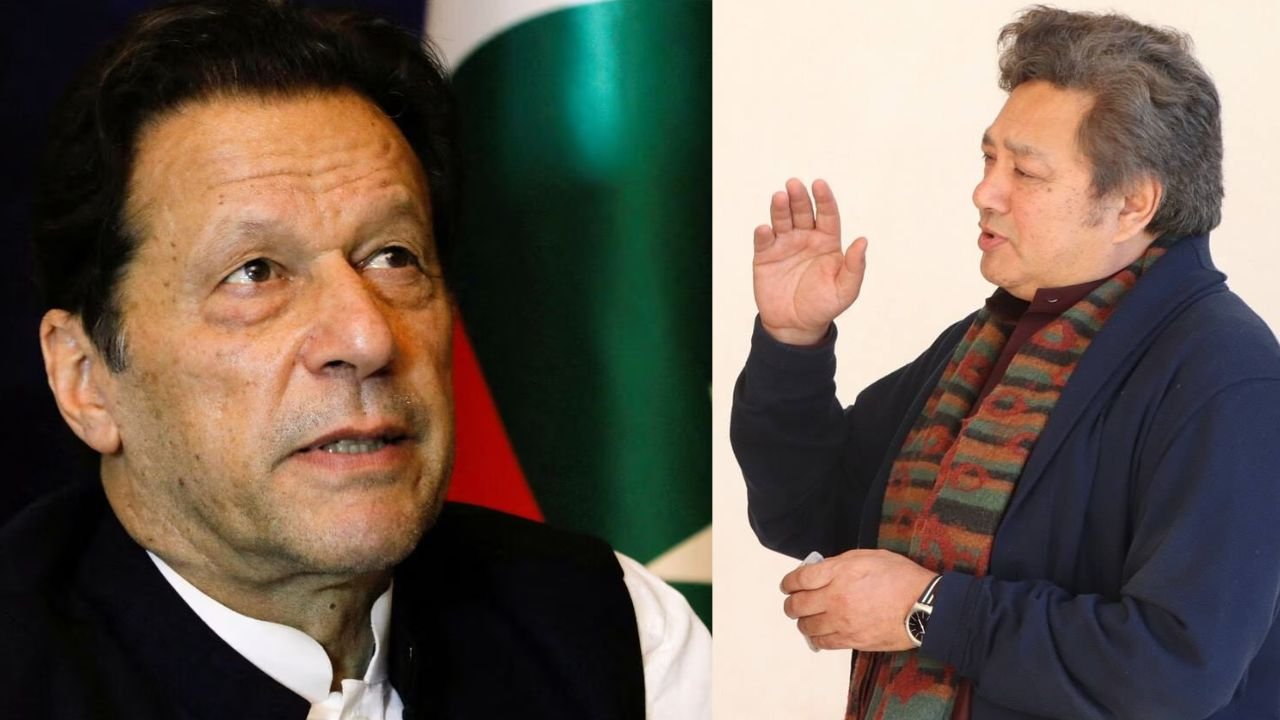Azam Khan, the former principal secretary to ex-Prime Minister Imran Khan, has testified that the diplomatic cipher provided by the foreign ministry to the ex-Premier had not been returned to the ministry by the time he left the office after a Vote of No Confidence.
He told the court on Thursday that the Pakistan Tehreek-e-Insaf founder kept a copy of the contentious cipher and later said it had gone missing.
Five witnesses named Anis-ur-Rehman, Javed Iqbal, Hadayat Ullah Muhammad Ashfaq, and Azam testified before the court in the cipher case in Adiala Jail. The court adjourned the hearing till January 22.
The Federal Investigation Agency (FIA) had previously booked Imran Khan and former foreign minister Shah Mahmood Qureshi under the OSA, 1923, last August on charges stemming from the alleged misuse of a diplomatic cipher at the end of the PTI’s rule in March 2022.
Imran Khan and Qureshi, currently detained in Adiala Jail, were present in the courtroom as Khan appeared to give his deposition.
Both PTI leaders insisted that Khan swear on the Holy Quran before providing his testimony.
Azam Khan took a solemn oath on the Holy Quran during the hearing.
During his statement, Azam Khan revealed that, as Imran’s principal secretary, he was informed by the foreign secretary about a cipher telegram.
His office provided him with a copy, which he later shared with the then-Prime Minister. Imran, in turn, informed Khan that Qureshi had discussed the content of the telegram with him.
The cipher telegram pertained to meetings between the Pakistan ambassador to the US and American officials.
“The former PM stated that American authorities had interfered in Pakistan’s internal affairs. He said it seems the message was intended for internal actors to change the elected government through a vote of no confidence.
“The former premier retained the copy of the cipher with him and instructed the military secretary, DC, and other staff to look into the matter. He also emphasized taking the public into confidence on the matter,” he said.
Azam Khan recommended a formal meeting with the foreign ministry and suggested having the foreign secretary read the message from the master cipher. The federal cabinet, after discussing the matter, decided to present it before the National Security Committee (NSC), which then issued a demarche on foreign interference.
According to Khan, it is customary to return the copy of a cipher to the foreign ministry, but this did not happen in this case.
“I informed the PM, the PM Office, and staff multiple times that the cipher copy should be returned, but it was not returned until I left my charge,” he said.
Meanwhile, the Islamabad High Court (IHC) issued notices to the National Accountability Bureau (NAB) and the Interior Secretary on the petitions against the prison trial of Imran Khan in the Toshakhana case and the £190 million NAB references.







